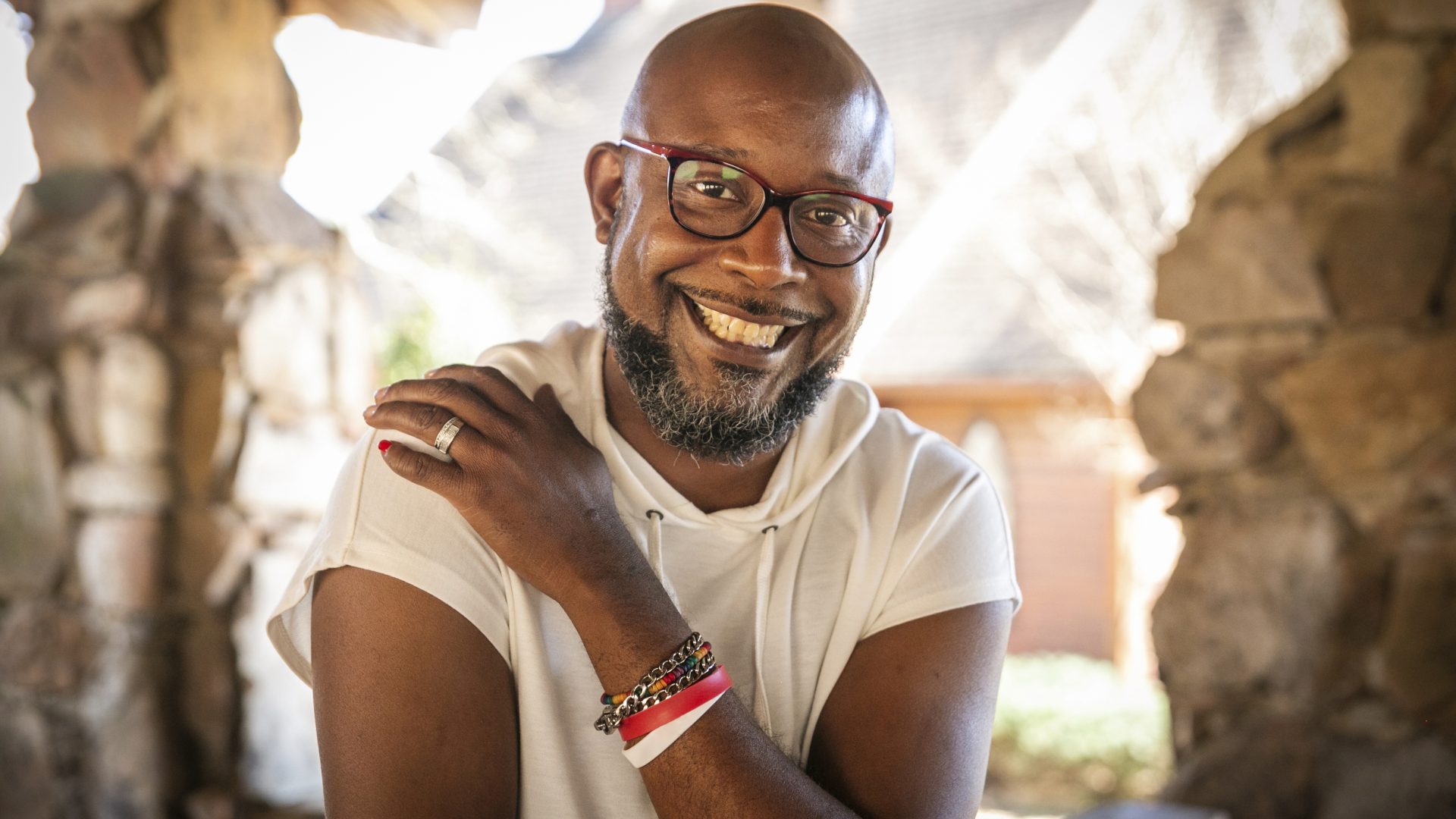If you’ve had sex and think you may have been exposed to HIV, speedy access to a treatment known as PEP (Post-Exposure Prophylaxis) can prevent infection.
Key things to know
- PEP is a treatment that can vastly reduce your risk of HIV infection after you have been exposed.
- PEP is available from sexual health clinics and most hospital emergency departments.
- PEP must be started within 72 hours of possible HIV exposure, and ideally within 24 hours. It will not be offered after 72 hours.
- PEP is delivered as a four-week course of tablets.
- PEP does not provide any protection against other STIs.
Get in touch
Like all medications, PEP drugs can cause some side effects. You may experience nausea, diarrhoea, headaches and tiredness among other effects. Your doctor will be able to discuss these with you prior to prescribing PEP. You may also need to have some blood tests during the course of treatment to monitor its effects on the body.
No. PEP is only prescribed after you have potentially been exposed to HIV. If you have unprotected sex during PEP treatment, you could potentially be exposed to HIV again, which would significantly reduce the effectiveness of PEP.
If you have finished a course of PEP and are HIV negative, you could still be at risk of HIV infection in future.
No. While PEP significantly reduces the chance of getting HIV, it is not 100% effective, you are not guaranteed access to it, and it provides no protection from other STIs.
Condoms provide excellent protection from HIV and a range of STIs.
If you prefer not to use condoms, but have concerns about potential exposure to HIV, PrEP may be a good option for you.
Looking for support?
If you are looking for tailored support and advice for gay, bisexual and all men who have sex with men, we're here to help. Get in touch by filling out our contact form.

